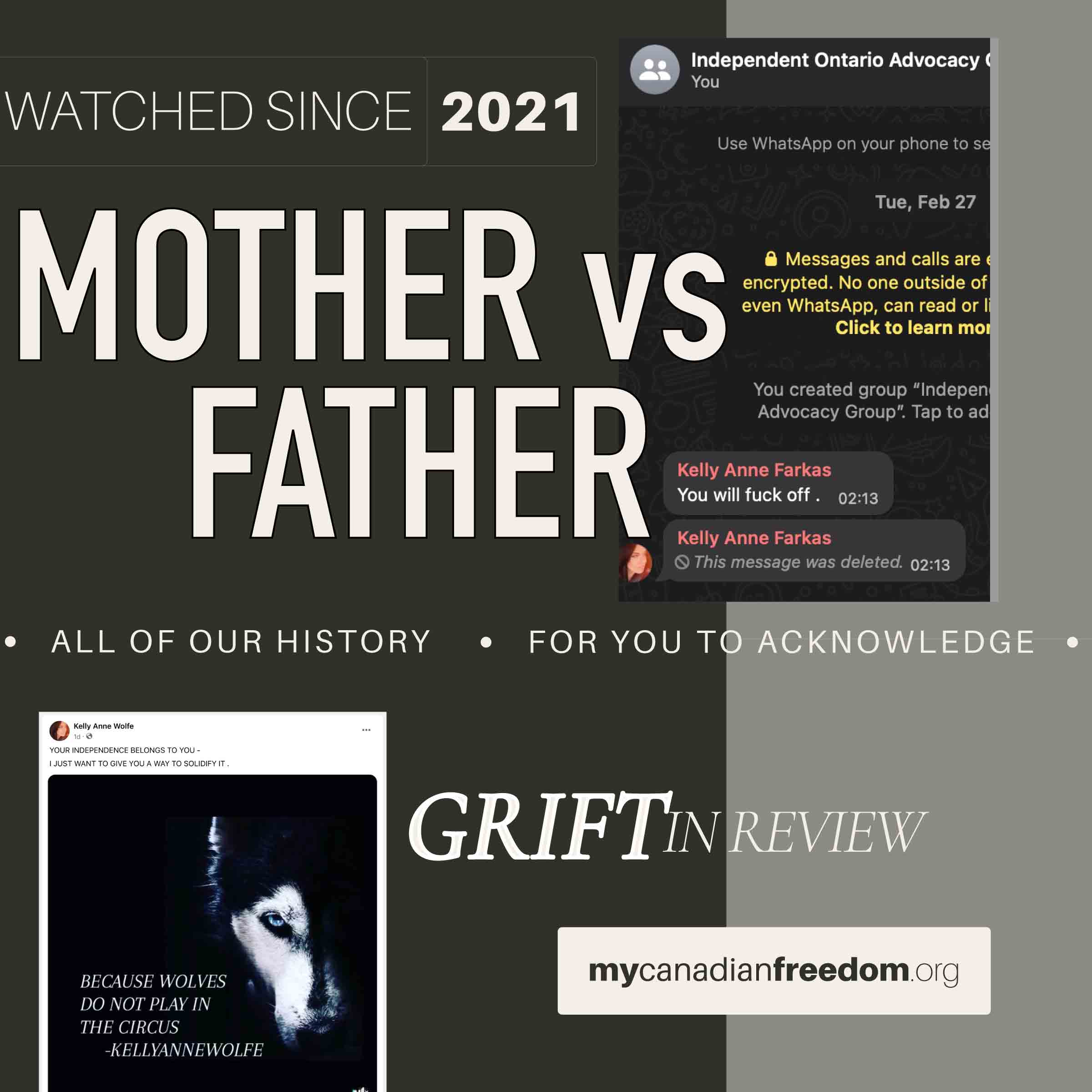Judicial and Quasi-judicial Authority
under Law of Torts
by LawBhoomi
August 21, 2020
General defences under tort law are available to all when they claim to have a reason to have committed a tort. However, apart from the defences available, certain kind of “immunity” is granted to judicial officers and quasi-judicial authority. It is important here to know the basic difference between the said authorities to make the whole idea of immunity clearer. Judicial authorities are that of court of law or judges which interpret the law, settle disputes and punish those who broke the code.
On the other hand, quasi-judicial bodies are authorities who have powers resembling those of the judicial bodies and are restricted to certain areas of expertise. Judicial authorities may have the power to create new laws in time of dire need leading to Judicial Activism, however, quasi-judicial bodies do not have this power and are bound to draw conclusions based on existing law. Now that we know the meaning of the said authorities, we know that the defence of “immunity” under tort law is required so that it does not intervene with their process of work.
In various countries, civil matters like these have different approaches but a kind of similar understanding is kept in mind while coming to a decision. Similarly, in cases of judicial immunity, following two statements are kept in mind.
-
1. Firstly, when this defence is applied, they see that the protection which is offered in respect of the acts done is identical with that of the words spoken. [1]
-
2. Secondly, whatever has been said or done which prompts the authorities for such a defence should be done well within their jurisdiction and not be ultra-vires. These two propositions understand the uncertainties which sometimes surrounds a justice and therefore give rise to justiceʼs protection as an exception to the general rule.
In the case of Stump v. Sparkman[2], a judge had passed an affirmative decision on a petition filed by a girlʼs mother regarding a tubal ligation surgery of the same 15-year old girl while she was told that she is undergoing an appendix removal surgery. Later on when the girl grew up and came across the fact that she had been sterilised, she sued the judge. In cases like this, the U.S Supreme Court held that the judge is to be provided with complete immunity because he was performing his duties which are well within his jurisdiction and the fact that the “act” was morally reprehensible stands irrelevant.
Although, this privilege of immunity is not always granted under court of law. The legal maxims, ultra and intra vires are the foundation of judgeʼs protection and explain how if a decision is made within their power (intra), granting immunity is a lot easier and right in this matter. However, if it made beyond their powers (ultra), the privilege shall not be granted. A case of Harris v. Harvey[3] took place in the U.S, wherein Harris was an African-American police lieutenant who was brought down by Judge Harvey in quite a couple of ways.
Due to this, Harris had sued him on comments made to the news/media entertainment, threatening letters written to the county officials who wanted to defend Harris and wanting to remove Harris from law enforcement which puts his job and earnings in jeopardy. Furthermore, the judgment read that
- “..the plaintiff claims that he has become an object of hatred of his fellow officers; that his life has been threatened; that he fears for his personal safety and the safety of his wife; that he has spent considerable sums for his legal defence; that he has been deprived of opportunities for advancement; and that he suffers loss of credit, loss of good name, humiliation, mental distress, and embarrassment.”
Everything here was considered out of the scope of Judge Harveyʼs purview and hence, judicial immunity was not received by him. Therefore, jurisdiction plays an extremely important role while deciding a case of immunity.
Apart from judicial immunity, we know from above that courts have extended this similar kind of immunity to those bodies who are not entirely or purely judicial in nature by recognising them and quasi-judicial bodies. A very simple example is of a case brought by a plaintiff against a municipality officer for false imprisonment who was pursuing a warrant. Court held this to be a quasi-judicial act and the officer was held not liable for the said tort. Here also as above, two sets of propositions take place.
Firstly, there should be discretion. Here, the use of discretion must be approved by law or something which is required in the current situation.[4] Secondly, it should be practiced well within their jurisdiction which is same as required by judicial bodies. Jurisdiction also matters because it helps in differentiating an authorityʼs intent.
Like for example, in the case of Hoppe v. Klapperich[5], the municipal court judge was held to have practicing outside the scope of his jurisdiction when he issued a warrant without even a proper complaint. However, the rise of quasi-judicial immunity is needed for the functioning of various authorities and its extension to public officers which did not enjoy this privilege seem content to be under the ambit of this concept.
The above article had highlighted the key aspects which come under judicial/ quasi-judicial immunity and how it can be dangerous and an abuse of power if not applied carefully. The defence of immunity is something which cannot be get rid off because, many cases require the said authorities to sometimes say or do things in order to get to a just and fair decision under the court of law. These immunities are required so that a person is not hurt while doing the job he/she is supposed to do.
However, it is understandable that such protection give rise to an abundance of power which could be harmful for others, which is why these authorities are not free from being questioned under court of law and if such a misconduct is recorded, he/she will be held liable for their abuse of power. A meeting at the UNDOCʼs Vienna headquarters established that
- “..while all experts agree on the necessity of shielding judges from consequences of decisions they have made in good faith and in accordance with accepted judicial integrity principles, they also agree that such immunities needed to be better defined, and better communicated to the public.
Indeed,
- “judicial immunity must be a shield for the community, not a sword against it,” explained one senior judge. “Judicial immunity must not be seen as a carte blanche,” explained another, “nor be conflated in the mind of the public with judicial impunity.”[6]
References
- D Thompson, “Judicial Immunity and Protection of Justices”.
Accessed 22 July 2020 - Stump v. Sparkman 435 U.S. 349 (1978)
- Harris v. Harvey 436 F. Supp. 143 (E.D. Wis. 1977)
- Edwin C. Ratiner, “Municipal Tort Liability — “Quasi Judicial” Acts”, 14 U. Miami L. Rev. 634 (1960)
Accessed 23 July 2020 - Hoppe v. Klapperich 224 Minn. 224, 28 N.W.2d 780 (1947).
- “Judicial Immunity protects judges and society at large” (UNDOC, 30 August 2019)
Accessed 23 July 2020
- Author Details: Sakshi Raj (O.P. Jindal Global University)
- Note: Students can write to us by sending an email to careers.lawbhoomi@gmail.com in case they have any issues or feedback for the internships and other opportunties posted on the LawBhoomi.





Comments